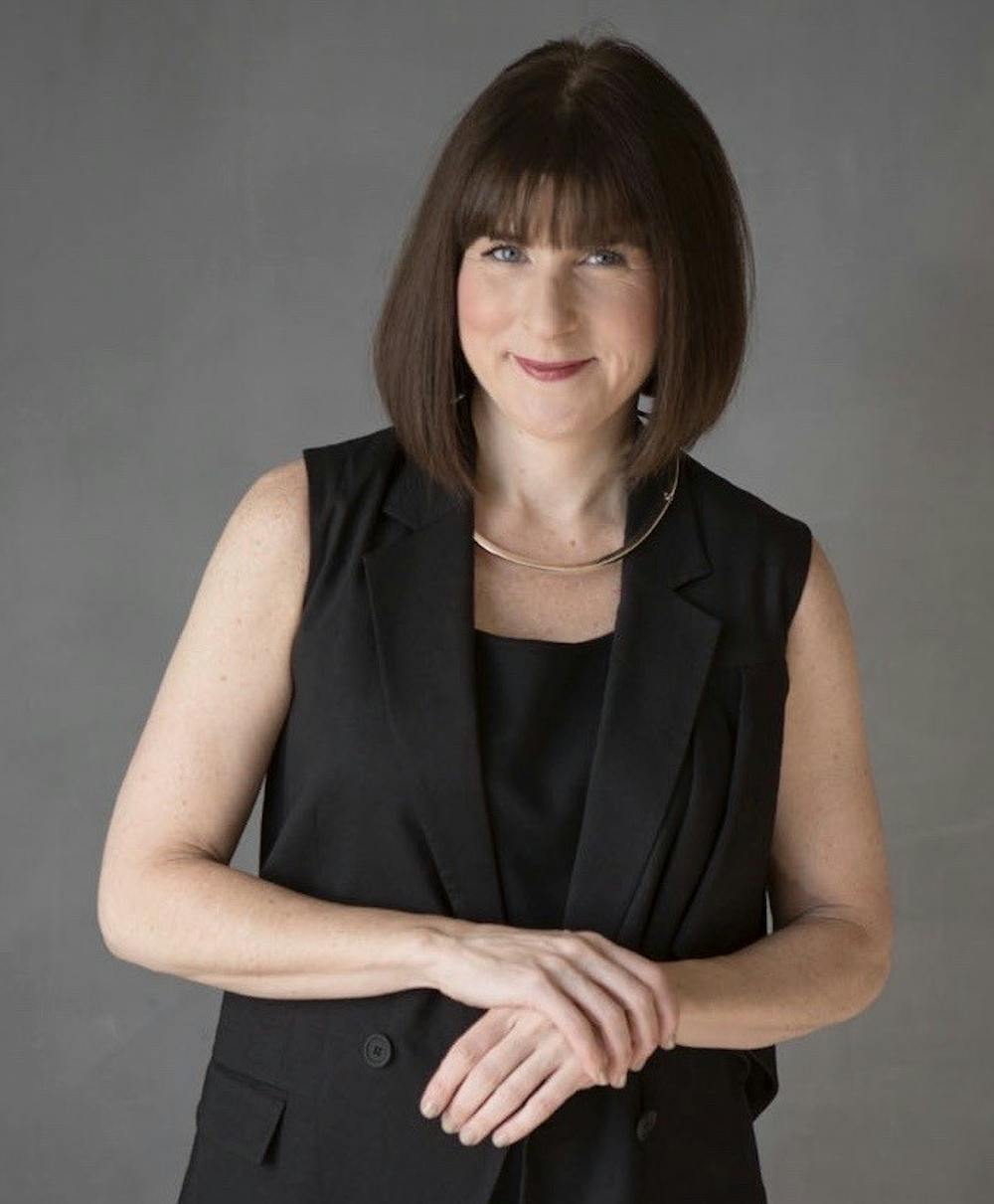As the end of her first year at the Sine Institute of Policy and Politics comes to a close, executive director Amy Dacey is looking to grow and expand the organization for the future.
The institute launched two years ago, and Dacey was named its inaugural executive director last June. It serves as a forum for thorough discussion on policy issues in the public, private, academic, nonprofit and journalism sectors, leaning heavily on American University’s location in D.C. to host well-known speakers like Julián Castro, Condoleezza Rice and Bob Corker.
“We've gotten some great networking and opportunities in D.C., but I also see us having this opportunity this year and next year to go out to the states and hear perspectives from a lot of different people — whether it's the public sector, private sector, academia, journalism or nonprofits in local communities and in other states across the country,” Dacey said.
Shortly after being named director, Dacey said in an interview with The Eagle, that she wanted to bring in international voices and hire an engaged and diverse group of fellows.
A year later, Dacey acknowledged that while progress had been made, there is still more work to be done on multiple fronts. However, being online this semester will help bring global perspectives to the Institute, she said.
“I’ve been really encouraged to know even though we've seen a lot of bipartisan division, in this country, and people are concerned with sometimes the tone and tenure [of it],” Dacey said. “I think we've been able to find different places where people are coming together and working together.”
Prior to coming to AU, Dacey was the executive director of EMILY’s List, a political action committee, and the CEO of the Democratic National Committee. She has worked on a variety of political campaigns, including John Kerry’s 2004 presidential campaign.
While much of the institute’s programming in the past year has focused on the 2020 election, Dacey said she hopes that post-election programming will shift to address the political divisions in the country.
In terms of future programming, Dacey said that discussions may revolve around the impact of the 2020 election, as well as the continuing crisis brought on by the coronavirus pandemic.
“I think there's going to be a continuing interest in talking about when we are struck with a global pandemic and a financial crisis right at the same time, what is our global preparedness plan?” Dacey said. “I think a lot of those conversations that we're going to have are going to be geared toward, and looking at, those factors that really affected us in 2020.”
Dacey said that a valuable aspect of her experience at the institute in the past year has been collaborating with different parts of the AU community. She looks forward to continuing to do so in the future.
“No matter where you are on campus, public policy affects every sector, it touches every sector, every sector really contributes to it,” Dacey said. “The work that we're really doing can be absorbed in and really used all throughout campus.”





